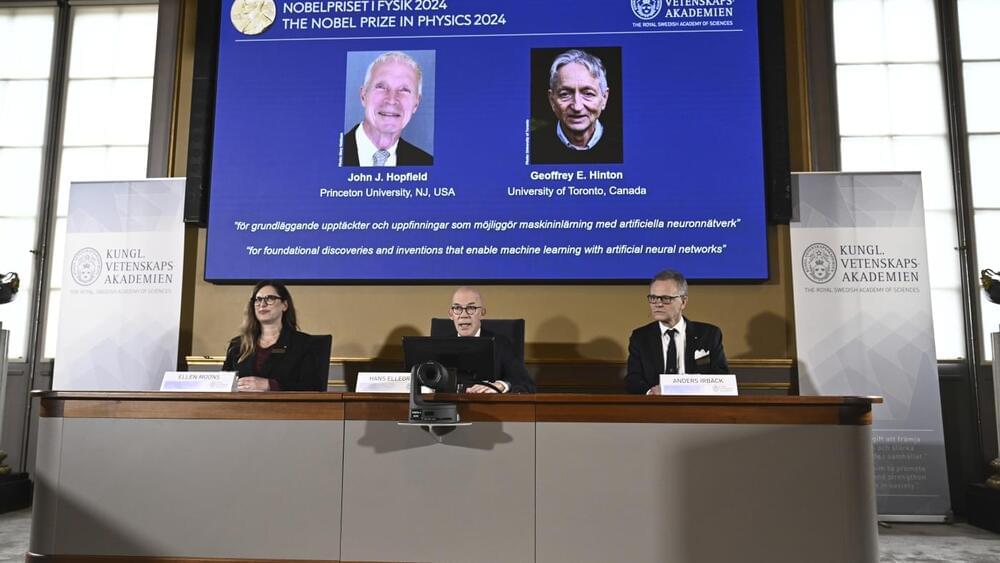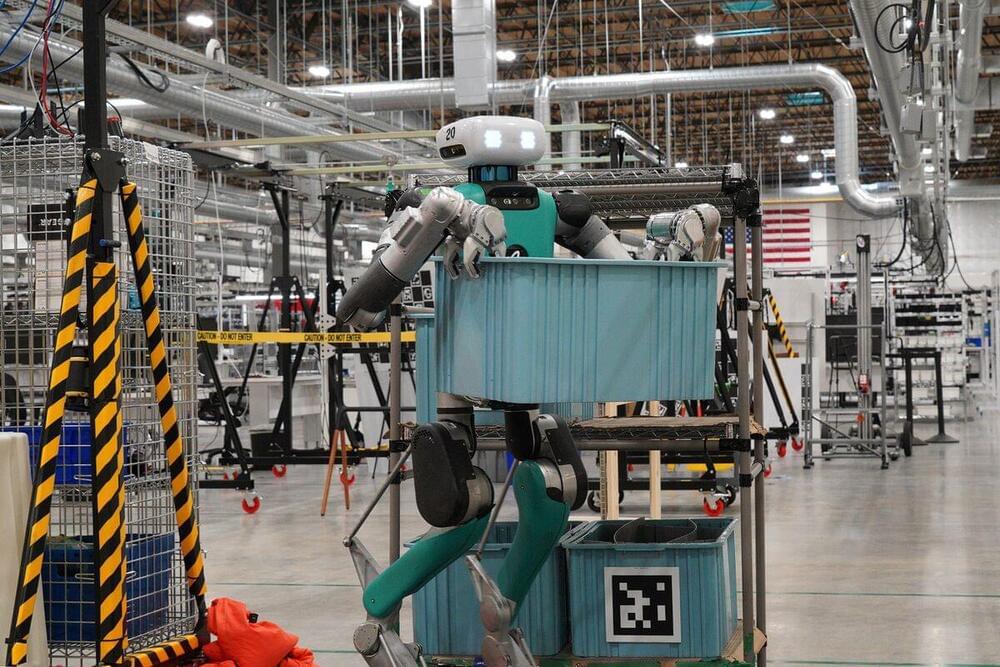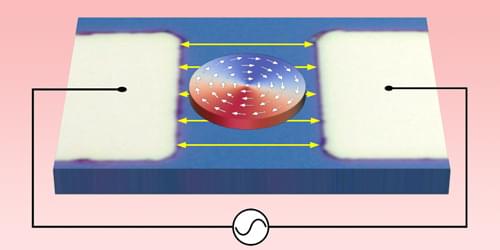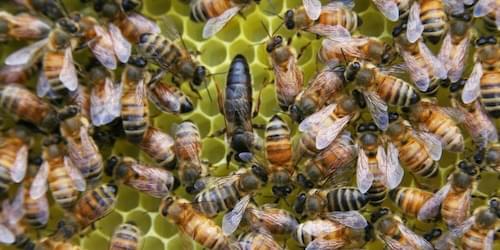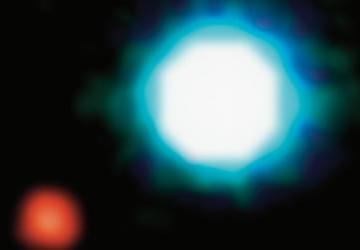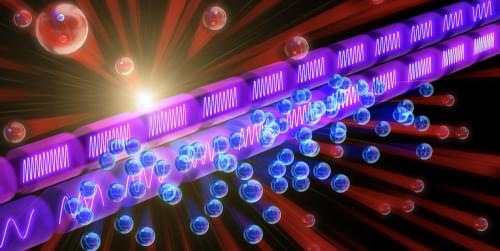Living organisms constantly navigate dynamic and noisy environments, where they must efficiently sense, interpret, and respond to a wide range of signals. The ability to accurately process information is vital for both executing interspecies survival strategies and for maintaining stable cellular functions, which operate across multiple temporal and spatial scales [1] (Fig. 1). However, these systems often have access to only limited information. They interact with their surroundings through a subset of observable variables, such as chemical gradients or spatial positions, all while operating within constrained energy budgets. In this context, Giorgio Nicoletti of the Swiss Federal Institute of Technology in Lausanne (EPFL) and Daniel Maria Busiello of the Max Planck Institute for the Physics of Complex Systems in Germany applied information theory and stochastic thermodynamics to provide a unified framework addressing this topic [2]. Their work has unraveled potential fundamental principles behind transduction mechanisms that extract information from a noisy environment.
Bacteria, cells, swarms, and other organisms have been observed acquiring information about the environment at extraordinarily high precision. Bacteria can read surrounding chemical gradients to reach regions of high nutrients consistently [3], and cells form patterns during development repetitively and stably by receiving information on the distribution and concentration of external substances, called morphogens [4]. In doing so, they must interact with a noisy environment where the information available is scrambled and needs to be retrieved without corrupting the relevant signal [5]. All this comes at a cost.
The idea that precision is not free is an old one in the field of stochastic thermodynamics, and the cost usually comes in the form of energy dissipation [6]. This trade-off is even more relevant for biological systems that have limited access to energy sources. Living systems are pushed to find optimal strategies to achieve maximum precision while minimizing energy consumption. Consequently, a complete quantitative description of how these strategies are implemented requires the simultaneous application of information theory and stochastic—that is, noisy—thermodynamics.
